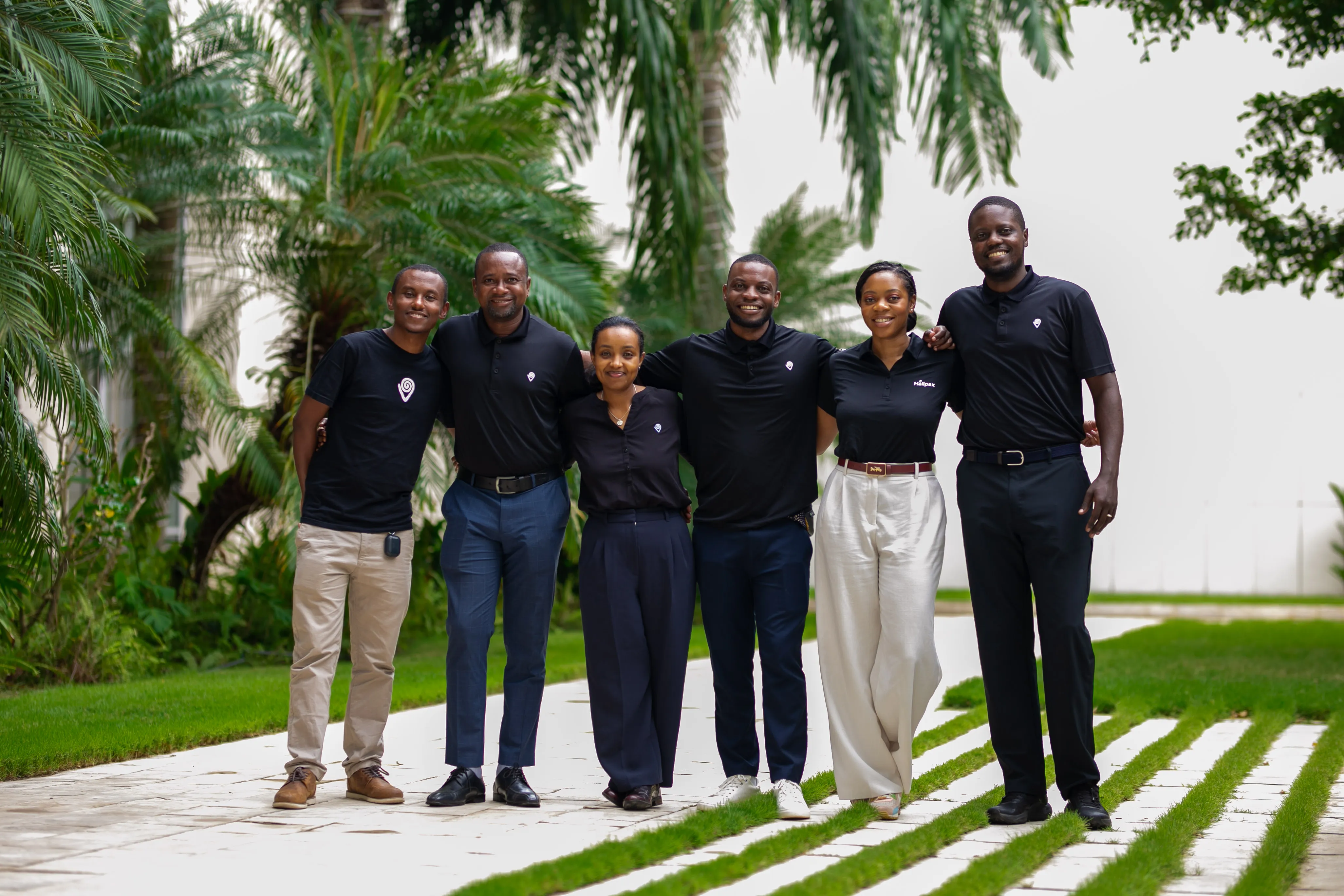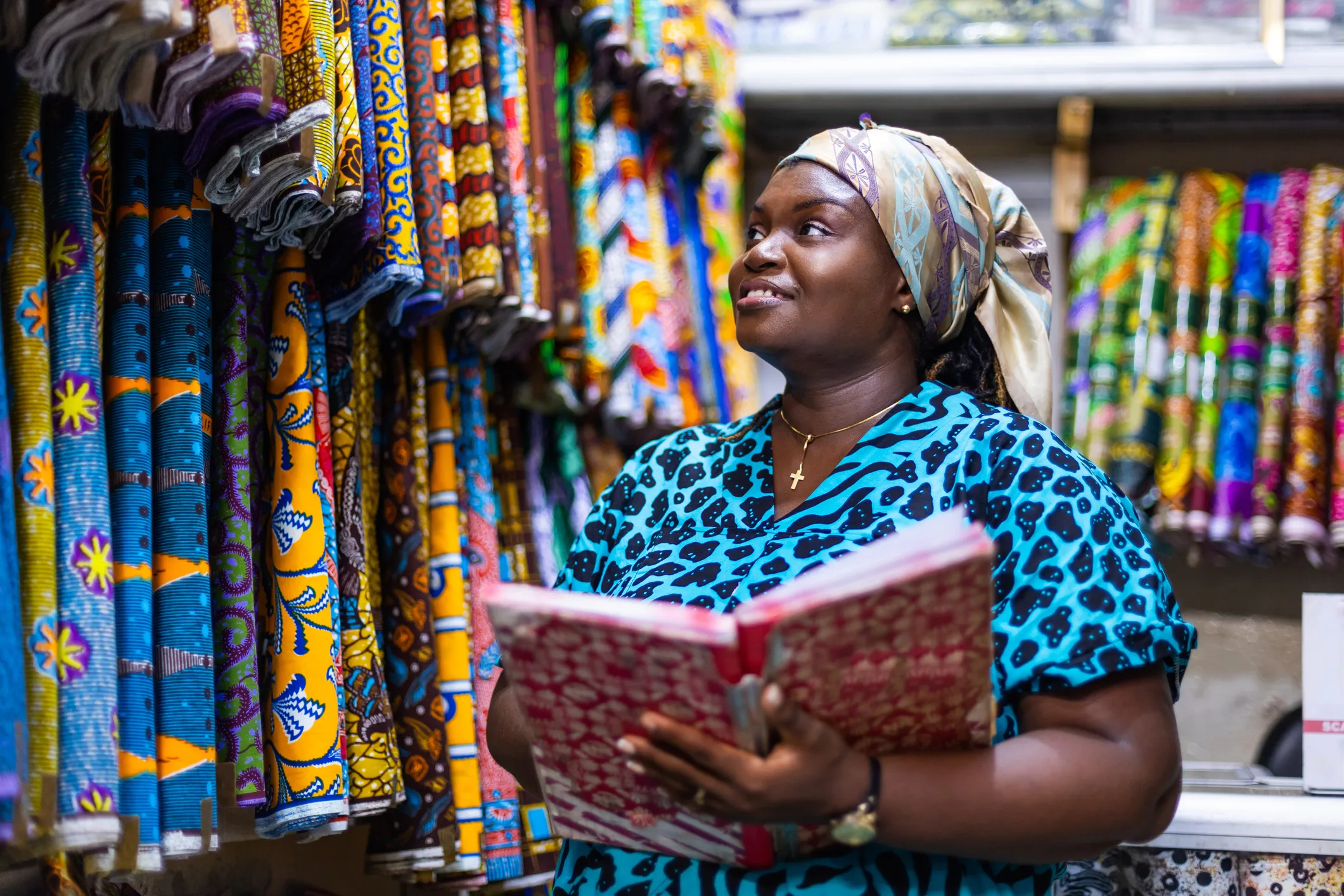

Get Event Planning Support
Our team of experts has answers to all your event questions.
- Helpful guides for every step of your planning journey
- Tips, insights, and trends on everything from budgeting to cultural etiquette
- Want more support? Connect directly with the Hallpax team — we’ll help you find the right destination and suppliers for your event.




























